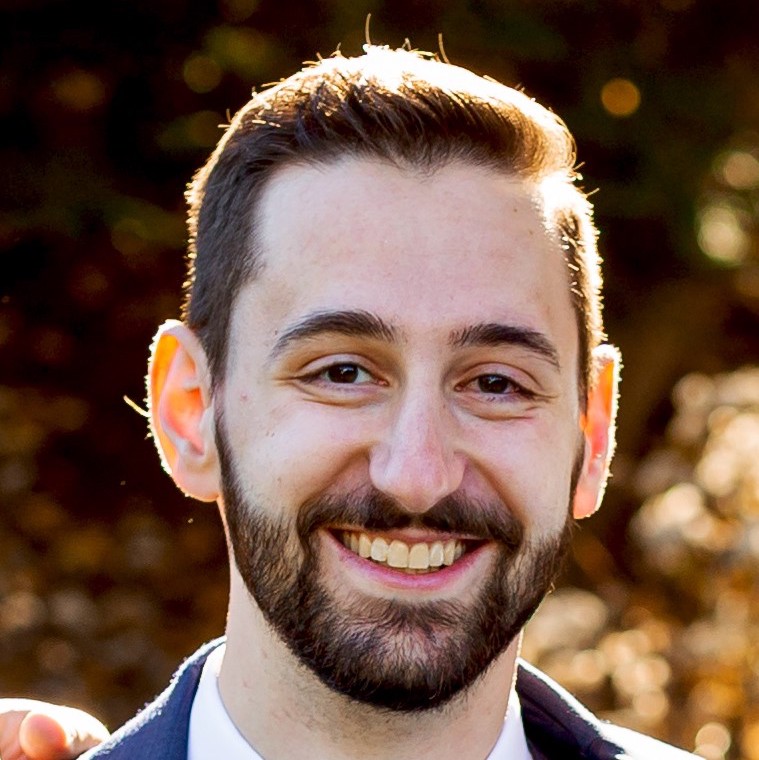|
Getting your Trinity Audio player ready...
|
One of the all-time classic episodes of The Simpsons is “Deep Space Homer.” Aired in early 1994, amid questions of a post-Cold War space program, the episode sees Homer join an orbital mission as an “average-naut” in a NASA-sponsored scheme to boost the Space Shuttle’s popularity. While in orbit, Homer’s predictable incompetence leads to an onboard ant farm exploding, to the terror of those watching the mission on TV.
Even in 1994 the media was alarmist and untruthful; and the local news anchor covering the launch spins the incident into a comically grandiose story of giant space ants coming to colonize the earth. To ingratiate himself with the new insect regime, the rest of the broadcast is dedicated to the service and praise of the coming ants.
Of course, the anchor is proven wrong when the astronauts land. In true media fashion, he issues a half apology: “This reporter…would like to reaffirm his allegiance to this country and its human president. It may not be perfect, but it’s the best government we have. For now.”
Orthodox. Faithful. Free.
Sign up to get Crisis articles delivered to your inbox daily
This gag comes to mind during this holiday season, when we once again gather to give thanks and cuss out our siblings. We come together every November to feast; but how many dinners are dominated instead by what will happen next November, or what happened a few Novembers ago?
We constantly hear that America is becoming more polarized. People increasingly fear a nationwide civil war, mirroring the civil war around our tables.
Unfortunately, such sentiments are not wrong. Many feel America is in decline; the middle class isn’t getting its share of overall growth; and it’s becoming harder to thrive in modern society. These realities lead to a revolutionary spirit—one that yearns for a change, even at great cost. The beauty of the American system is that this can happen bloodlessly, where every election cycle we can effectively remake our country. These realities lead to a revolutionary spirit—one that yearns for a change, even at great cost. The beauty of the American system is that this can happen bloodlessly, where every election cycle we can effectively remake our country. Tweet This
And yet, even a bloodless revolution—and especially a bloody one—requires a steady head. Unhappy with their situation, people are quick to vote, protest, or even bomb the establishment out of office. “Change!” is the watchword. But without a healthy appreciation for what they still have, change can end up being a change for the worse.
Take the Iranian Revolution in 1979. Iran before the Revolution wasn’t perfect by any means: the monarchy was authoritarian and dealt violently with political opponents; it was poorer than many places; and it was still on its way to industrializing. But the Iranian Revolution was surprising to the international community because, relatively speaking, things weren’t that bad. Iran was prosperous by Middle Eastern standards, the Shah was opening up to democratization, the working class was booming as the country industrialized and modernized, and social reforms were giving disenfranchised classes, like peasants and women, never-before-tasted freedoms.
But the Iranians didn’t see things this way. And from a certain vantage, legitimately so; secularizing, westernizing modernization wasn’t always in line with their Muslim values and carried the capitalist baggage of instability and inequality. So, the people united together to make a change; they put it to a vote, and over 98 percent of the nation asked for a Republic founded on Muslim values.
What they got was a Khomeini dictatorship. The people who supported the regime change—many of them women, democratic sympathizers, and religious minorities—were suddenly turned upon. One by one, uneasy associates, then distant partners, and then even allies and friends fell to successive purges, executions, and crackdowns. Iranians justly unhappy with their previous lot saw the promises of revolution give way to a regime even worse than its predecessor. Reasonable desires for an Islamic identity against Western pressures turned into a State known for funding international terrorism. And what had enjoyed nearly universal approval now might be opposed by just as many.
Americans probably don’t have to worry about an Islamic Revolution (however fiery the Hamas-Israel conflict may rage). But the lesson applies to us all. Revolutions—even electoral ones—tend to undo their supporters.
This is not to discourage change, even drastic change. Some degree of change is always necessary; and there’s plenty of reason for change from our current leadership. But change is always a change into something. And focusing too much on the desire for mere change will blind you to what will come next.
This is, arguably, how we have a deeply-unpopular (but popularly elected) president. Biden was elected reflexively, as mere change from another deeply-unpopular president—who himself was elected as an impulsive change from an unsatisfactory elite. And as primary season continues, our next president will probably be in the same mold.
Fortunately, the remedy to this cycle is the reason for the season. Look at where we are with clear eyes, including with clear gratitude for the good that we have. This stops reflexive action, and it teaches what kind of changes are actually desirable—showing what things must really instead be conserved and defended.
Then, next November, we’ll be well prepared to work toward a good change.
Thanksgiving is the quintessential American holiday, and it is ample opportunity to rediscover the blessings, big and small, that the good God has given to us, individually as well as to our nation. It is the perfect time to give thanks—even for American politics.
After all, it may not be perfect, but it’s the best government we have. For now.
